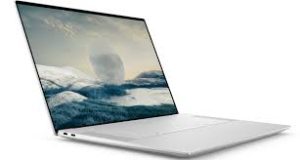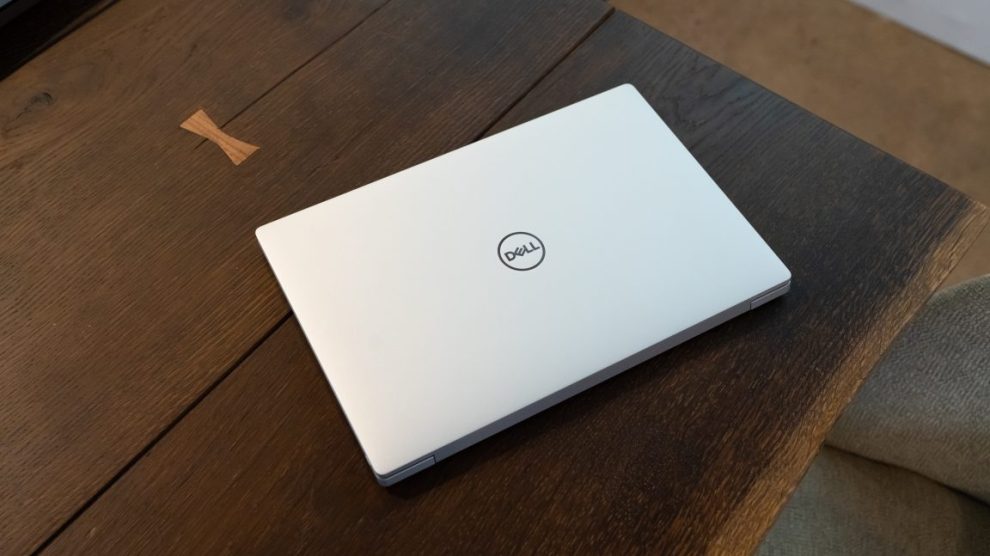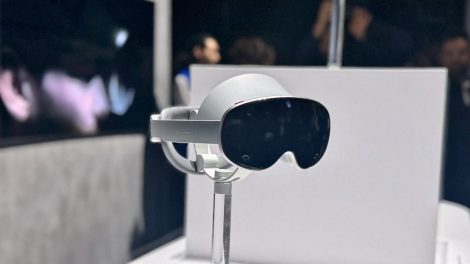In a move that has shocked technology enthusiasts and industry insiders alike, Dell has announced that it will discontinue its XPS line of computers, marking the end of an era for one of the most iconic and highly regarded product lines in the PC market. For years, the XPS brand has been synonymous with cutting-edge design, premium performance, and innovation. The decision to halt production has sparked widespread debate, raising questions about the future direction of Dell and the changing dynamics of the PC industry as a whole.

The XPS series, originally launched in 1993, quickly became a symbol of Dell’s ability to produce high-performance machines tailored for both professionals and enthusiasts. These computers, whether in desktop or laptop form, consistently pushed the boundaries of what was possible, combining powerful specifications with sleek and modern designs. The series not only catered to gamers and creatives but also appealed to business professionals and general users who sought top-tier performance. Over the years, XPS became one of Dell’s most recognizable and celebrated brands, earning numerous accolades and industry awards.
To understand why Dell might have chosen to end the XPS line, it’s essential to consider the broader trends shaping the technology landscape. The PC market has undergone significant changes in recent years, influenced by the rise of mobile devices, shifts in consumer preferences, and the growing dominance of cloud computing. While traditional laptops and desktops remain essential tools for many, their market share has faced increasing pressure from tablets, smartphones, and hybrid devices that offer greater versatility and portability. These developments have forced manufacturers to adapt, leading to significant consolidation and rethinking of product strategies.
Dell’s decision to cease production of the XPS line may also reflect a strategic pivot toward other priorities, including enterprise solutions and emerging technologies. In recent years, Dell has invested heavily in areas such as data centers, cloud services, and artificial intelligence. These sectors offer higher growth potential and more substantial profit margins than the competitive and often saturated consumer PC market. By focusing resources on these areas, Dell appears to be positioning itself to capitalize on the next wave of technological innovation.
However, the end of the XPS series raises questions about how Dell intends to maintain its presence in the premium PC segment. The XPS line has long been a flagship offering, representing the pinnacle of Dell’s design and engineering capabilities. Its discontinuation could leave a void in Dell’s product portfolio, particularly among users who have come to rely on the brand’s exceptional build quality, performance, and customer support. Whether Dell plans to introduce a new product line to fill this gap or shift its focus entirely to other markets remains to be seen.
For loyal XPS users, the news comes as a bitter disappointment. Over the years, the XPS series has cultivated a dedicated following, with many praising its blend of style and substance. The laptops, in particular, have been lauded for their edge-to-edge displays, lightweight designs, and powerful components. Models such as the XPS 13 and XPS 15 became benchmarks in their respective categories, often serving as the standard against which other ultrabooks and high-performance laptops were measured. The discontinuation of the XPS line means that users will need to seek alternatives, potentially turning to competitors such as Apple, HP, or Lenovo for their computing needs.
The timing of this announcement also adds to the intrigue. Dell recently unveiled updates to its XPS lineup, including the latest models equipped with Intel’s 13th-generation processors and NVIDIA’s RTX 40 series GPUs. These machines showcased Dell’s commitment to staying at the forefront of technological advancements, making the decision to end the series all the more surprising. Some analysts speculate that Dell may have been facing challenges in maintaining profitability within the XPS line, particularly as production costs increased and competition intensified.
To provide further context, it is helpful to examine how the XPS series evolved over the years. When it first launched, the XPS brand was primarily associated with gaming, competing with other high-performance desktops like Alienware, which Dell later acquired. Over time, the XPS series expanded its focus, targeting professionals and everyday users who demanded premium features. This shift culminated in the launch of the XPS 13, a model that redefined the ultrabook category with its compact design and nearly bezel-less display. The success of the XPS 13 paved the way for subsequent models, including the XPS 15 and XPS 17, which offered larger screens and more powerful hardware.
The XPS series also played a pivotal role in driving innovation within the PC industry. Dell was among the first manufacturers to adopt high-resolution displays, incorporating 4K panels into its XPS laptops before they became mainstream. The brand also set benchmarks for build quality, utilizing materials such as carbon fiber and machined aluminum to create devices that were both durable and visually striking. These innovations not only elevated the XPS series but also influenced competitors, prompting them to improve their own offerings.
The table below highlights some of the key milestones and specifications of the XPS series over the years:
| Year | Model | Notable Features |
|---|---|---|
| 1993 | XPS Desktops | Introduced as high-performance gaming machines |
| 2008 | XPS Studio | Shifted focus to multimedia performance with improved audio and video capabilities |
| 2012 | XPS 13 | Debut of the ultrabook category, featuring compact design and long battery life |
| 2015 | XPS InfinityEdge | Introduced nearly bezel-less displays, redefining screen-to-body ratios |
| 2020 | XPS 17 | Revived the 17-inch model with cutting-edge hardware and thermal management |
The legacy of the XPS series extends beyond its specifications and features. For many users, the brand represented a reliable choice, a device that could handle everything from intensive creative workflows to everyday tasks with ease. The XPS series also gained a reputation for excellent customer support, ensuring that users could rely on Dell to address any issues promptly. This combination of performance, design, and support created a loyal customer base, many of whom now face the challenge of finding a suitable replacement.
Looking to the future, the end of the XPS line underscores the challenges facing the PC industry as a whole. As manufacturers navigate an increasingly complex market, they must balance innovation with cost efficiency while addressing evolving consumer preferences. For Dell, the decision to discontinue the XPS series may signal a broader shift in strategy, one that prioritizes emerging technologies and enterprise solutions over traditional consumer products. While this approach could yield significant benefits, it also carries risks, particularly if Dell fails to maintain its relevance in the consumer market.
For now, the announcement marks the conclusion of a chapter in Dell’s history, one that has left an indelible mark on the PC industry. The XPS series, with its commitment to quality and innovation, will be remembered as a pioneering force, setting standards that continue to influence the design and performance of modern computers. As users bid farewell to the XPS brand, they do so with a sense of gratitude for the role it played in shaping their computing experiences.
In the coming months, it will be interesting to see how Dell navigates this transition and whether it introduces new products to fill the void left by the XPS line. For technology enthusiasts, the news serves as a reminder of the ever-changing nature of the industry and the need to adapt to stay ahead. Whether the end of the XPS series represents the beginning of a new era for Dell or a departure from its roots remains a question that only time will answer.










Add Comment